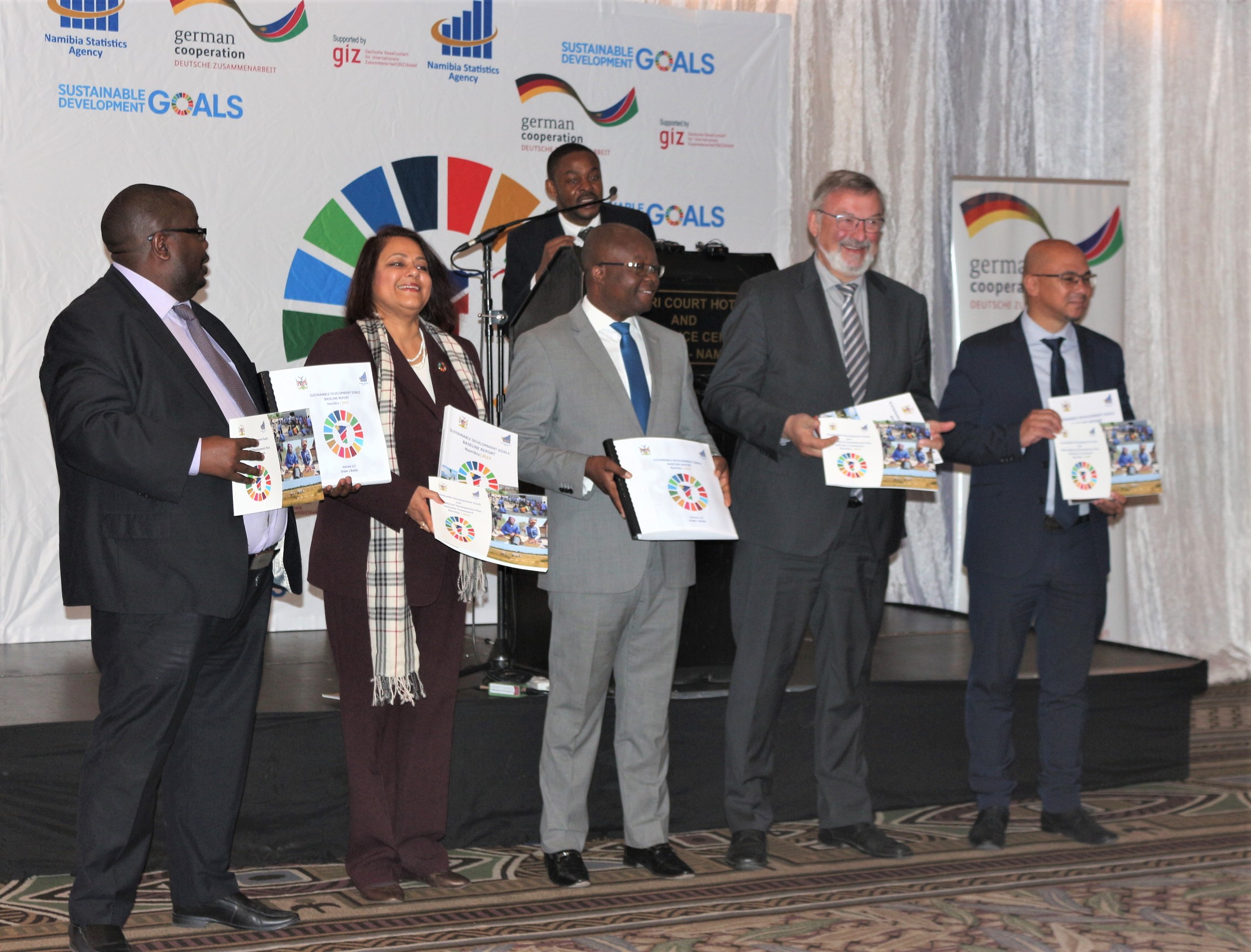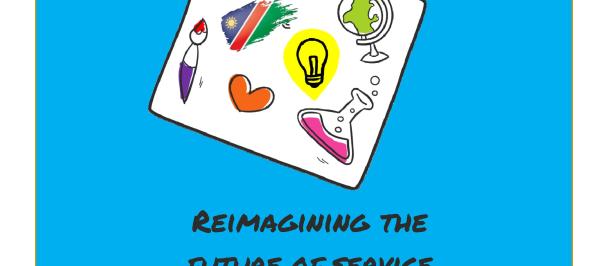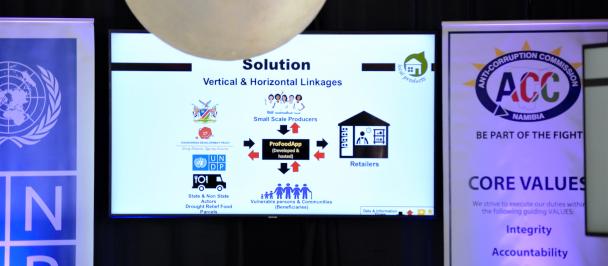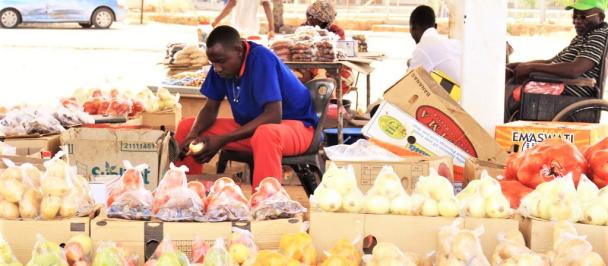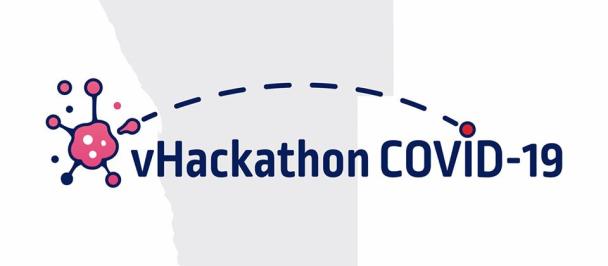By: Geraldine Itana- Head of Exploration, Namibia Accelerator Lab
The power of good data
Shortly after launching the Namibia Accelerator Lab, the journey of onboarding the AccLab team begun. The process was intense and filled with many learning pivots. Two-thirds of the team have joined, and we are thinking out loud on how data (good or bad) can have a negative or positive impact on some of the challenges Namibia faces. Considering that challenges are moving rapidly, the AccLab has a very ambitious moonshot to address challenges related to improving governance and how to improve coordination of real-time data that speak to the attainment of the Sustainable Development Goals and Namibia’s fifth National Plan (NDP 5).
The Namibian government has made a commitment to the SDGs and to the people of the Land of the Brave to mobilize efforts to end all forms of poverty, fight inequalities and tackle climate change by 2030. Unusual partnerships will assist the #NamAccLab and Namibia to use different pots of data that will be critical to achieving these ambitious goals and give us a sense of whether Namibia is on track towards achieving the SDGs. But we have to start somewhere, right?
In July 2019, the Namibia Statistics Agency (NSA) launched the Namibia SDG Baseline report 2019 and SDG Indicator Framework as well as the SDG data portal. This is an opportune time for the #AccLab to work closely with the NSA to further enhance innovative and disruptive ways to collect good quality and coordinated data sets that can inform and support National and regional level policy reform.
Launch of the SDG Baseline Report, Indicator Framework and Data Portal on 31 July 2019
Does Better Data really equate Better Decisions?
Having well coordinated data, does NOT guarantee that good decisions will follow. For this reason, the #AccLab intends to run an experiment that will look at how improved data quality can inform better decision making. We can assume that better coordinated efforts to collect good data can result in better policy decisions which are reflected in the livelihood of the people. However, the effects thereof may not be seen immediately.
Fitting the #NamAccLab into the puzzle.
The #AccLab team from Ukraine articulated the vision and offering of the #AccLab so well. We are many things and we are also not many things. We are a global network interested in embracing learning to make sure we tackle the 3 P’s People, Policies, Planet. In an upper middle-income country, it is important to know and constantly learn new ways of doing development. Namibian President, Dr. Hage Geingob, has been critical of Namibia’s UMIC classification by the World Bank by stating that; “What this simplistic approach hides is the fact that the wealth is concentrated in the hands of just five percent of the people,” he said, adding that the remaining 95% are poor, “as poor as anywhere else in the third world”.
This was the light bulb moment for the #NamAccLab to rub shoulders with giants and start a collaboration with the Namibia Statistics Agency (NSA) to develop the Leave No One Behind (LNOB) Standard. The purpose of developing this standard would cement the basic standard of compliance for institutions to collect coordinated “good” quality data that can later be used for People’s prosperity and ensuring no person is left behind. The National Census takes place in 2021 and the NSA is currently in the mapping phase to ensure that every Namibian is counted. However, does this mean we will be collecting the good data of the citizenry to ensure prioritization of National Level policies? Are we ready to collect the “sensitive data” related to gender and ethnicity? During the validation meeting of the LNOB standard some of these sensitive variables brought on much needed heated debate. For some it was important to collect disaggregated data, for others there was an earie sensitivity for certain variables. Collecting gender disaggregated data was one such a hot topic. In the next few months the #NamAccLab intends to make some sense of this.
Considering that 95% of the population is regarded as poor, this raises concerns on who is being left behind and why. There are a number of key questions we need to ask ourselves on the types of data we collect. Are we only collecting data about what is recognized as “normal” or are we afraid to have the hard conversations about why some Namibians are being left behind?

 Locations
Locations
